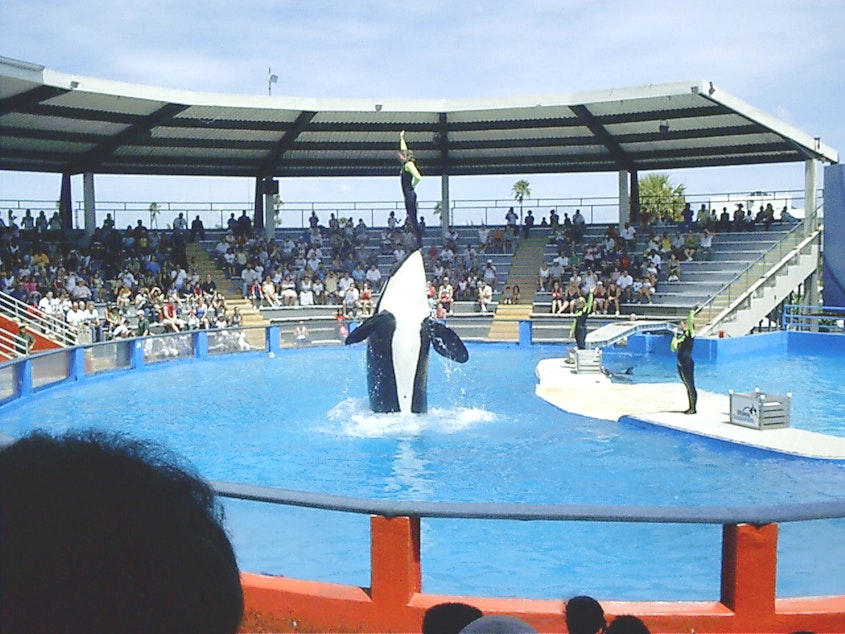What killed Tokitae? Doctors cite 'multiple chronic conditions'

There were many factors that led to the death of Tokitae, the orca taken from Puget Sound waters to live and perform in Miami over the past 50 years. "Old age" is the simplest way to put it.
RELATED: A celebration of life for the last captive southern resident orca
According to the Miami Seaquarium, "death due to progression of multiple chronic conditions including renal disease and pneumonia" is the cause of Tokitae's death: "acute and chronic bronchointerstitial pneumonia and renal degeneration, and a chronic condition of the heart implying the degeneration of the cardiac valves."
To put it another way, a range of ailments added up to Tokitae dying of old age in August, after spending her life in a tank in Miami. Tokitae was about 57 when she passed away in August, shortly before she was scheduled to be returned to her home waters in Puget Sound.
A team of veterinarians and pathologists conducted the necropsy. The effort was led by Dr. Judy St. Leger, who coauthored the book, "Killer Whale Necropsy Guidelines."
In the official report on Tokitae's necropsy, Dr. St. Leger wrote:
As animals age, degenerative conditions develop. This animal exhibited clinical progression of multiple degenerative changes with a cumulative impact resulting in death. The chronic cardiac valvular disease may have contributed to the lung disease (as is suggested by the presence of “heart failure cells” in the lungs). The ongoing inflammation and immune responses led to kidney disease from both immune protein deposition (amyloidosis) as well as tubular degeneration and mineralization, a typical aging change. The renal disease may have caused the gastritis and pituitary mineralization. Other findings may have been significant but with had undetermined clinical impact.
RELATED: Listen to the last song Toki, the captive orca, sang, a tune her mother taught her
Tokitae was born to the L Pod of southern resident orcas that travel the Salish Sea. She was roughly 6 years old when she was captured in Whidbey Island's Penn Cove in 1970. She lived at the Miami Seaquarium ever since, performing under the name "Lolita."
Tokitae's remains (ashes) were returned to the Lummi Nation last month. The tribe led efforts to return the orca to Puget Sound, but she died in August before those plans could be carried out. Lummi leaders then requested that her remains be returned.
The death came as a surprise. Tokitae was reported to be in good health for her move before her passing.

